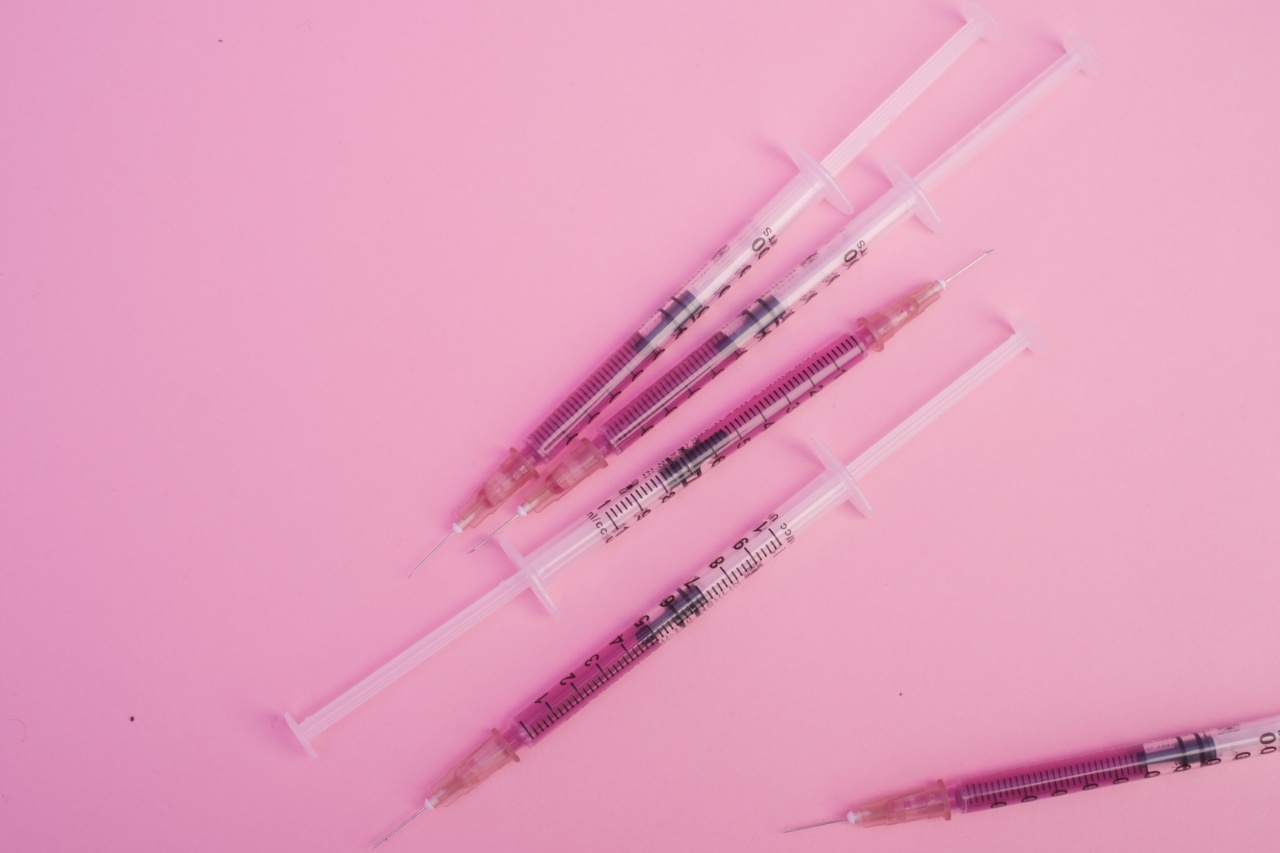Shingles, also known as herpes zoster, is a viral infection that affects the nerves and skin. It is caused by the same virus that causes chickenpox. After an individual gets infected with chickenpox, the virus can stay in the body in a dormant state.
It can reactivate later in life and cause shingles. Shingles is a painful condition that can lead to complications such as postherpetic neuralgia. Hellenic Infectious Disease Company provides guidelines for shingles vaccination.
Who Should Get Shingles Vaccine?
The Centers for Disease Control and Prevention (CDC) recommends that people aged 50 years and above should get shingles vaccine. The vaccine is also recommended for individuals who have had shingles before, as it can prevent future occurrences.
People who have had chickenpox are at risk of developing shingles. The vaccine can reduce the risk of getting shingles and its complications.
How Does Shingles Vaccine Work?
Shingles vaccine contains live but weakened virus. The virus stimulates the immune system to produce antibodies that can fight the virus. If the person is later exposed to the virus, the antibodies can prevent the virus from causing an infection.
The vaccine can provide protection for several years.
Who Should Not Get Shingles Vaccine?
People who are allergic to any of the components of the vaccine should not get shingles vaccine. Individuals who have a weakened immune system due to illness or medications should also avoid the vaccine.
Pregnant women should not get shingles vaccine, as it contains live virus. Women who are breastfeeding can get the vaccine.
What Are the Side Effects of Shingles Vaccine?
Shingles vaccine is generally safe. Some people may experience redness, swelling, or pain at the injection site. Headache, fever, and chills can also occur. Serious side effects such as an allergic reaction are rare.
When Should I Get Shingles Vaccine?
The best time to get shingles vaccine is when you are healthy. If you have had shingles before, you should wait until the rash has healed before getting the vaccine. You can get the vaccine even if you are not sure whether you have had chickenpox before.
If you have already gotten shingles vaccine but still get shingles, you should still get the second dose as recommended.
How Many Doses of Shingles Vaccine Do I Need?
Shingles vaccine requires two doses. The second dose should be given 2 to 6 months after the first dose. The two doses are needed to ensure long-lasting protection against shingles. If you missed the second dose, you can still get it later.
Where Can I Get Shingles Vaccine?
You can get shingles vaccine from your healthcare provider, pharmacy, or health department. You may need to make an appointment to get the vaccine. Some health insurance plans cover the cost of shingles vaccine.
Conclusion
Shingles vaccine is an effective way to prevent the painful condition. It is recommended for people aged 50 years and above, and those who have had shingles before.
The vaccine contains weakened live virus that stimulates the immune system to produce antibodies that can fight the virus. The two-dose vaccine is generally safe, with redness and swelling at the injection site being the most common side effects. You can get the vaccine from your healthcare provider, pharmacy, or health department.
Talk to your healthcare provider to find out if shingles vaccine is right for you.































